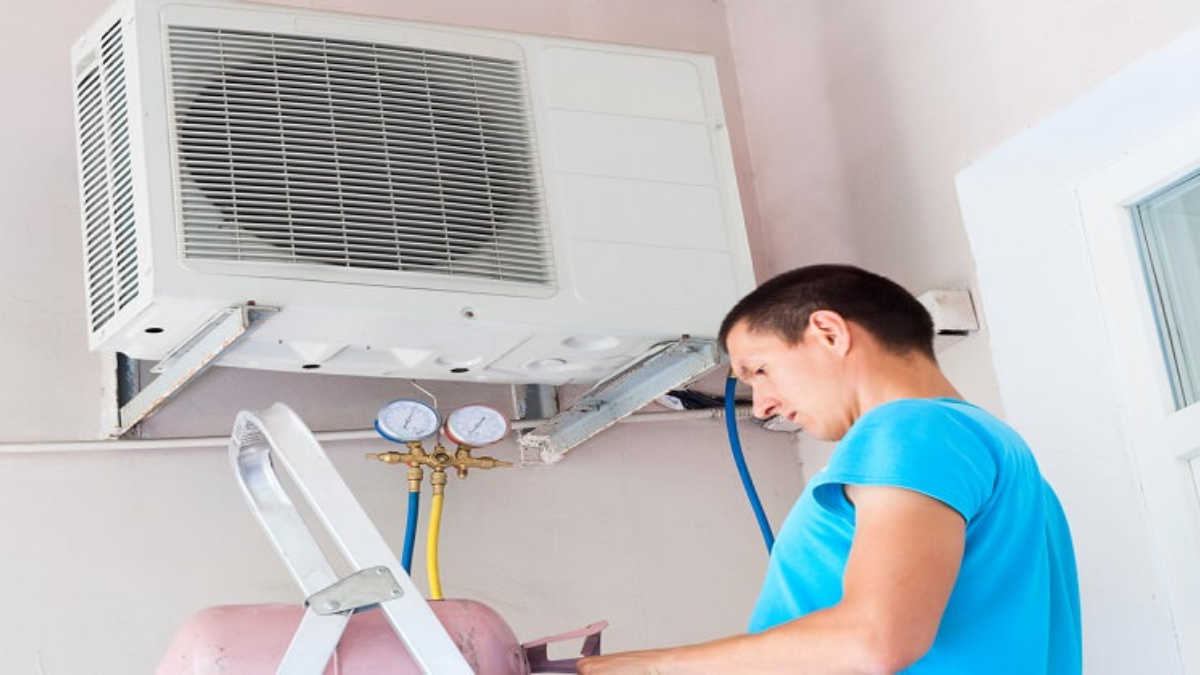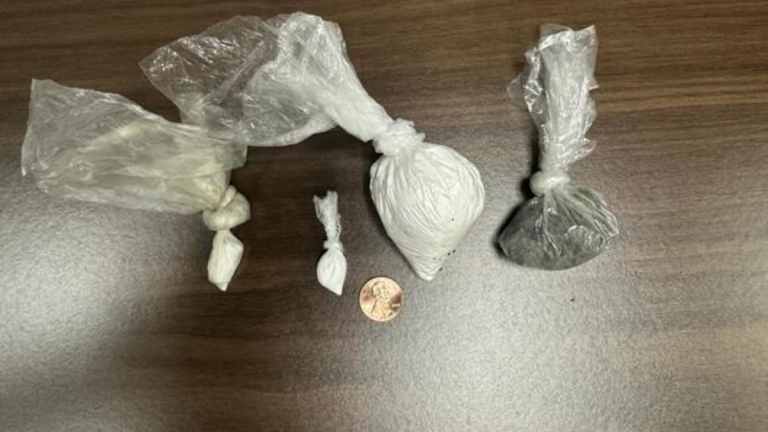Guide to Identifying Freon Leak Odor (2023)
If you have appliances such as air conditioners and refrigerators in your home, it’s important to be aware of the potential hazard of a freon leak. Even though freon leaks are not common and the associated health risks are even rarer, it’s not something that should be overlooked. This becomes even more important if your appliances are old and haven’t been serviced recently, so it’s a good idea to keep an eye out for any signs of a freon leak.
If you suspect a Freon leak from your AC or refrigerator, it is important to know the signs and take action immediately. Some of the common symptoms of a Freon leak include a hissing or bubbling sound, frozen coils, and a decrease in cooling performance. Freon leaks can be dangerous, as inhaling the gas can cause dizziness, nausea, and even death in extreme cases. Some of the causes of a Freon leak can be due to age, wear and tear, or physical damage to the unit. If you suspect a Freon leak, it is important to call a licensed HVAC technician to fix the problem. Do not attempt to fix the issue yourself, as it can be dangerous and may even be illegal in some areas. Remember, prevention is always better than cure, so it is important to schedule regular maintenance of your AC or refrigerator to prevent Freon leaks from occurring in the first place.
What is the Smell of Freon?
Freon gas has a peculiar odor that carries a sweet note, which is often compared to the smell of chloroform. This distinct smell makes it effortless to detect a freon leak. Therefore, if you come across an unusual odor in proximity to your refrigerator or AC unit, it’s crucial to investigate it for a possible freon leak.
Is a Freon Leak Dangerous? – The Risks You Need to Know
If you have a freon leak in your home, it can be very dangerous, especially if it has been going on for a while and the gas has accumulated in larger quantities. While most households won’t have enough freon inside to pose significant health risks, there are some exceptions. For instance, if you leave your home for an extended period and keep all doors and windows closed, freon could accumulate in quantities large enough to cause problems. Additionally, if your air conditioner is leaking freon gas and you leave it running in a small, unventilated room for a prolonged period, you might get freon poisoning.
No matter how well-ventilated your home may be, it’s crucial to address a freon leak as soon as possible. Ignoring it can lead to hazardous consequences, especially if the problem persists. In addition, a freon leak is a clear indication that one of your appliances is not functioning properly and requires immediate attention.
What Causes Freon Leaks in Your House?
Freon leaks occur when the circulation systems in appliances that use freon are compromised. The most common sources of freon leaks are air conditioners and refrigerators. Typically, a tear or break in one of the hoses carrying the gas is the root cause.
Sometimes, freon leaks can happen due to blockages in the circulation system. This can lead to a buildup of freon in a specific area, resulting in leaks. Additionally, problems with airflow can also be a culprit behind freon leaks.
If your household appliances were made after the year 2020, it’s highly likely that they don’t contain any freon and are perfectly safe to use. This is because freon was banned in 2020, so only appliances manufactured prior to that year pose a risk of potential leakage.
Symptoms of a Freon Leak
Initially, Freon leaks may not exhibit any noticeable symptoms. However, if the gas accumulates over time, it can lead to certain issues. The most frequent symptoms associated with a Freon leak include:
If you are exposed to Freon, it is reassuring to know that it doesn’t stay in your body for long. Once you distance yourself from the source of the leak, it should be eliminated from your system within 24-48 hours. However, if you allow Freon to accumulate in your body over an extended period, it can pose a severe threat to your health. In fact, Freon poisoning can become lethal in as little as 72 hours. So, it is crucial to take the necessary precautions and seek medical attention immediately if you suspect exposure to Freon.
What to do if you detect a Freon leak
1. How to Properly Ventilate a Room
If you detect a freon leak, the initial step to take is to ensure proper ventilation of the area. It is necessary to open doors and windows to allow air circulation and expel the hazardous freon gas from the premises before it accumulates.
2. Assess Whether the Leak Can Be Repaired
In the event of a freon leak, it is possible to remedy the situation with a sealant. However, before identifying the source of the leak, it is imperative to disconnect the appliance. If your air conditioning unit is releasing freon, it is crucial to avoid running it, as this will only escalate the amount of harmful freon gas in the atmosphere. Safety should always be the top priority when dealing with potentially hazardous situations.
3. Seek Assistance from a Professional
If you are unable to fix the freon leak on your own, you will need to seek the help of a professional. The cost of repairing a freon leak for an HVAC air conditioning unit or a fridge can be over $1,000. However, in some instances, replacing the leaking refrigerator with a new one may be a more cost-effective solution.
When it comes to freon leaks, it’s important to take them seriously and not underestimate their potential impact. If you suspect a freon leak in your home, it’s crucial to investigate it as soon as possible. Ignoring the issue won’t make it go away, and in fact, it could lead to further damage to your appliances and an increase in your power bill. Additionally, if left unattended for too long, freon leaks can pose a serious health hazard. So, it’s always best to address the issue promptly and seek the necessary repairs.
Also Read:
- Gas Odor in Your Home: A Guide On Things To Know
- 7 Toxic Signs Of Detecting the Presence of Black Mold in Air Vents
- Is It Advisable to Purchase a Property near to Power Lines? (2023)







